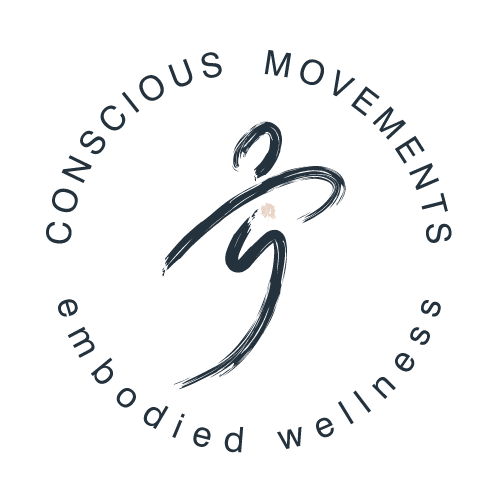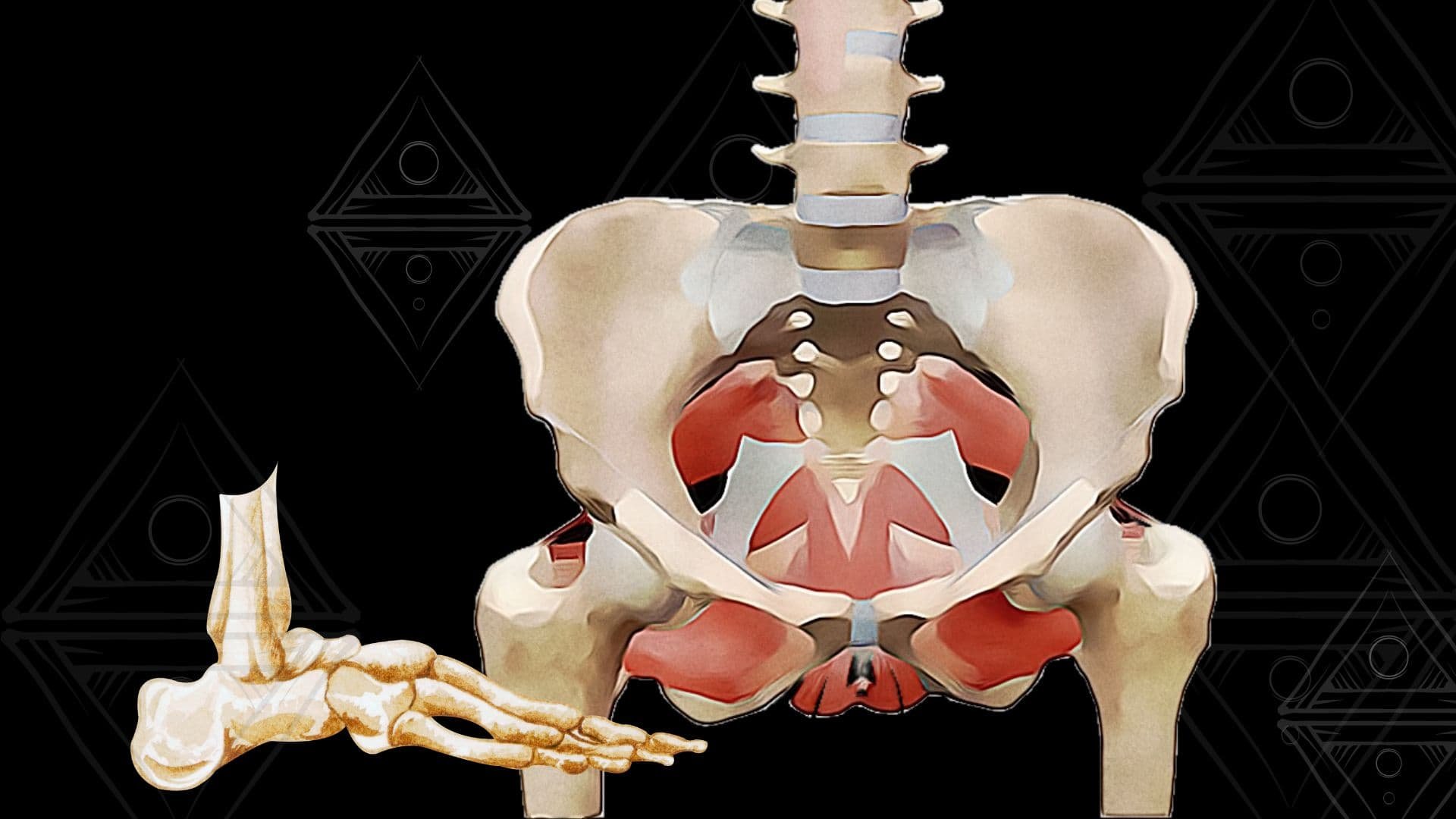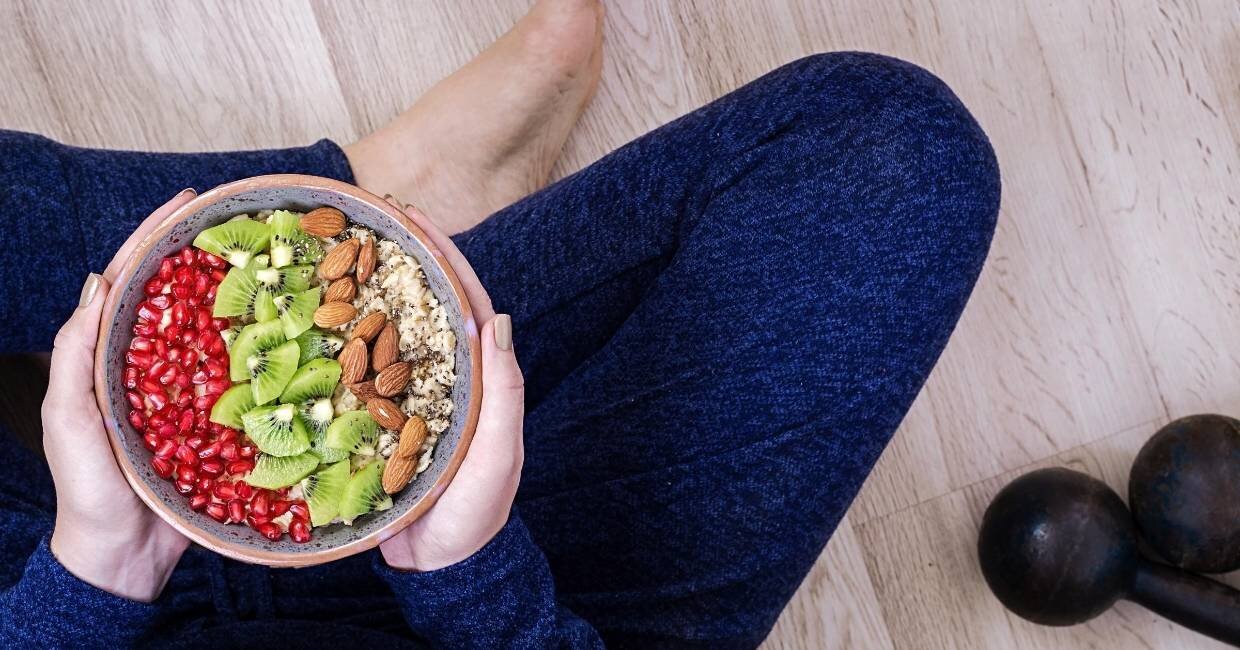blog
body-mind
Exploring. Learning. Breathing.
Have you ever wondered why you hold your breath when doing something new?
We often take our breath for granted, usually breathing in and out 12-16 times every minute without being aware of it. Most of us only notice our breath when something happens to prevent us from breathing normally. Others intentionally bring their attention to the breath as part of mindfulness practice.
9 TED Talks On Neuroscience That Will Inform, Inspire & Move You
This post on my favorite neuroscience-focused TED talks is consistently one of my most popular posts. It’s an oldie but a goodie. I still love the diversity of these talks and the insights they can offer for living an embodied and well life.
Foot & Pelvic Floor Connections
I created this short post as part of my Awaken Your Pelvic Floor Program and Pelvis & Sacred Sacrum Program. Although it’s a quick look at some of the anatomical relationships between the pelvic floor and foot, I encourage you to use it as inspiration to explore those connections. Remembering the anatomy isn’t essential. But sensing the relationships and expanding your capacity to embody your anatomy will change everything!
A Lifestyle Approach To Chronic Inflammation
A healthy lifestyle can help curb chronic inflammation and be a crucial part of managing chronic pain. But I don’t want you to treat “inflammation” as a four-letter word —it exists to help us. It’s a crucial part of the body’s natural healing system. Unfortunately…
Musings On The Psoas
The psoas (pronounced so-az) has come up a few times in our live classes in the last several months. Really, it was just in passing as we looked at anatomy related to the tongue, pelvic floor, diaphragm, and heart.
But it sparked some curiosity.
In fact, I had three members reach out to request a series on the psoas. So I chucked March's arches & waves series and started prepping for the upcoming Hips + Psoas series.
I have to admit. I'm pretty excited about it. The psoas is a fascinating muscle... and some would say not just a muscle.
More Movement. Less Exercise
There is no life without movement. From the blood that pulses through our veins to the actions required to gather and consume food, your mind and body are intimately connected. And while your brain is the master control system for your body’s movement, the way you move can also affect how you think and feel.
Some of the functions for movement are obvious — like hunting and gathering. Other critical aspects of movement may be less obvious — like the way movement acts as an extension of your cardiovascular system or primary pump for your lymphatic system. And then, there are all the other ways movement impacts you emotionally, mentally, and socially.
There’s a lot I could say about movement. But for today, we'll focus on the importance of moving more in everyday life.
What can your poop teach you?
One thing we can do for our loved ones, community, planet, and social change is to understand how we can be health and wellness warriors from our own personal emotional and physical well-being. So let’s start with what everyone on the planet does. Poops!
Your poops are an excellent indicator of your total health. Your gut and brain are in constant communication via the amazing Vagus Nerve, which I LOVE to talk about. If you are feeling depressed, experiencing mood swings, and all digestive issues, your communication between the brain and gut are not getting along and this disruption is the beginning of many symptoms and diseases.
Movements Of The Jaw
I recently created a short movement practice for a student titled, "reConnecting The Pelvis & Jaw." I’m sure that you know that the jaw impacts your teeth and other mouthy parts. But did you also know that the jaw and its movements play a pivotal role in balance — physically and emotionally?
The upper jaw, part of the cranium, connects most intimately with the spine and back of the body. Every movement the upper jaw makes reverberates through the spine. One of the best ways to feel this is to sense the connection between the pelvis and the jaw. Once you've made the connection, you can refine your ability to feel how the jaw movements transmit down the spine.
Want Less Pain & Greater Well-Being? Sleep!
What is this one single thing that profoundly impacts your brain and body, both in the short- and long-term?
It's simple: sleep.
Would you be shocked to know some researchers say that "good sleep guarantees well-being and mental health"?(1)
Why is sleep so crucial? What is sleep, and how do we do it? How much is "enough quality sleep"? How does it do these incredible things for health and wellness? And, most importantly, how can you get better sleep?
SLEEP: A Daily Detox For Your Brain
Sleep is an active process. Your body might be still, but your biology is bustling with activity. All of that internal nocturnal activity is crucial for living well.
Sleep also plays a massive role in detoxification. Your body has been using sleep to recharge and repair itself since before you were born. It’s no surprise that many sleep disorders are now linked to chronic pain, decreased cognitive function, depression, chronic pain, and neurological diseases, like Alzheimer’s.
Meditation + Gut Health: How Are They Related?
When you think of meditation, you probably don’t associate it with better digestion and gut health. I know I didn’t until I learned just how much unresolved stress influences our gut health and just how powerful meditation is for decreasing stress and improving our ability to digest.
Nourish Your Connective Tissue With Whole Foods
Did you know that the most abundant tissue in the body, is none other than “connective” tissue?
Your lifestyle can drastically impact your fascia. But for this post, we’ll focus on nourishing our tissues with our fork because we all want to be continually supplying our joints (and the rest of our bodies) with ample nutrition to make them as robust as possible!
Progressive Muscle Relaxation To Relieve Stress + Reduce Muscular Tension
Do you find yourself holding on to tension? If you suffer from complex pain, then you know what it's like to feel tense. Maybe it feels like you're muscles are gripping and aching nearly all of the time. Everyday activities like cooking or tending to your home can feel like a strenuous process. For some, everything feels like it takes excessive physical effort.
How Your Beliefs Impact Your Health
In this video, Kelly McGonigal does a beautiful job of covering some of the research looking at how our beliefs about stress change our physiological reactions to stress and how the stress response has a built-in social aspect. She discusses three studies that shed new light on the stress response, and how our beliefs and relationships to stress may improve our health.
Do You Have Hip Joint Confusion?
I’ve been a little obsessed and bewildered by how many people really don’t know where their hip joints are. Now I get it. The hip joints don’t take up a ton of real estate in the ol’ sensory-motor cortex. They don’t require fine-motor skills or other subtle interactions with the world. Heck, they don’t even fully form until years after we are born.
Are Omega-3s In Your Chronic Pain Plan?
Omega-3s get a lot of notoriety — and for good reason! Not only is one of them essential for good health, but it can also be a powerful part of your chronic pain plan.
Low-Grade Inflammation Wreaks Havoc
Chronic inflammation has been on mind. Why? Because recently, I’ve been working with A LOT of people who are struggling with chronic pain and depression. No surprises that those two who up hand-in-hand. But the truth is, they’re not alone.
Age Well & Move With Ease
A big part of aging gracefully is being willing to change how you think. One of the easiest facets of shifting our thoughts is to shift how our thinking about movement and to become a thinking body. Remember, how you treat your body is inseparable from how you cope with other aspects of life.
Mood, Food, Inflammation & Mental Health
Mental health issues have a significant impact on society. Some suggest that their influence is more significant than any other chronic disease, including heart disease or diabetes. And if you suffer from persistent pain, then you're four times as likely to have depression or anxiety than those who are pain-free.
There are so many factors involved in complex conditions like mental health issues and persistent pain. But today, we're going to look at just one of these factors — inflammation.




















